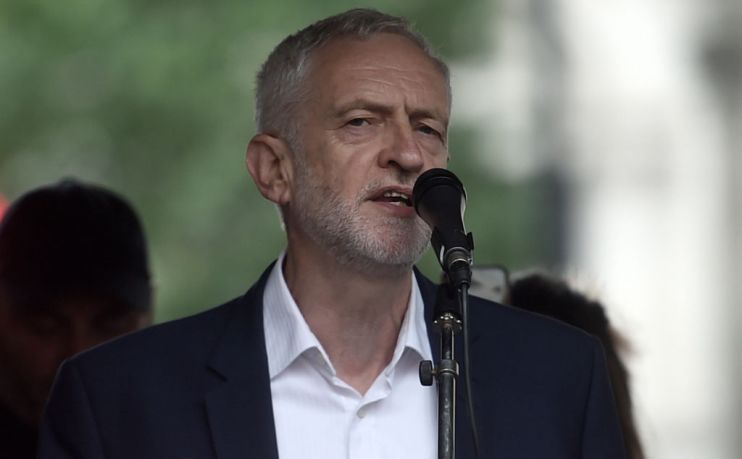Labour refuses to back holding a second Brexit referendum if they are in power

Labour would push for second Brexit referendum on “any deal” agreed with the EU, Jeremy Corbyn has announced – but it is not clear if that only applies to an agreement negotiated by the Conservatives.
In a statement on Wednesday afternoon, the Labour leader called for a public vote – saying the ballot paper should have options for “both leave and remain voters”.
But a Labour source was unable to confirm if that policy only applied to a Brexit deal struck by the Tories, or any agreement a Labour government would negotiate.
The source said such a decision would be subject to the party’s manifesto drafting process in the run up to a general election.
Last September, the party conference passed a motion calling for a second referendum on the UK’s EU membership if Labour were unable to force a general election.
Corbyn failed to oust the government with a no confidence vote in January, and has been coming under increasing pressure to back another vote after the pro-Remain Lib Dems saw a resurgence in the local and European elections in May.
In a statement, Corybn said: “We have committed to respecting the result of the referendum, and have strongly made the case for an alternative plan for Brexit as the only serious deal that could potentially command the support of the House.
“At Conference last year we passed our policy, the members’ policy. Over the past nine months, I have stuck faithfully to it.
“A No Deal Brexit risks would plunge us into the worst excesses of disaster capitalism and trash our economy on the back of fantasy Tory trade deals or worse, very real and very damaging trade deals with Donald Trump, opening up our NHS to American companies.
“I have already made the case, on the media and in Dublin, that it is now right to demand that any deal is put to a public vote. That is in line with our conference policy which agreed a public vote would be an option.
“A ballot paper would need to contain real choices for both leave and remain voters. This will of course depend on Parliament.
“I want to hear your views, I will be hearing trade union views next week, and then I want to set out our views to the public.”